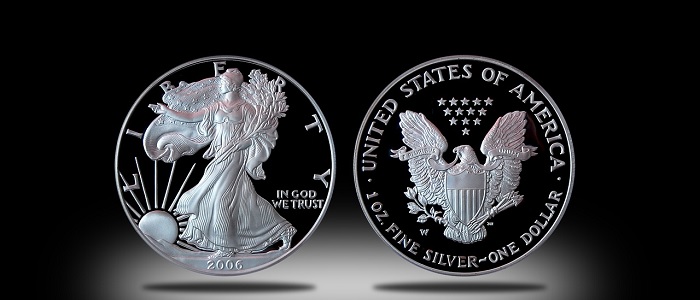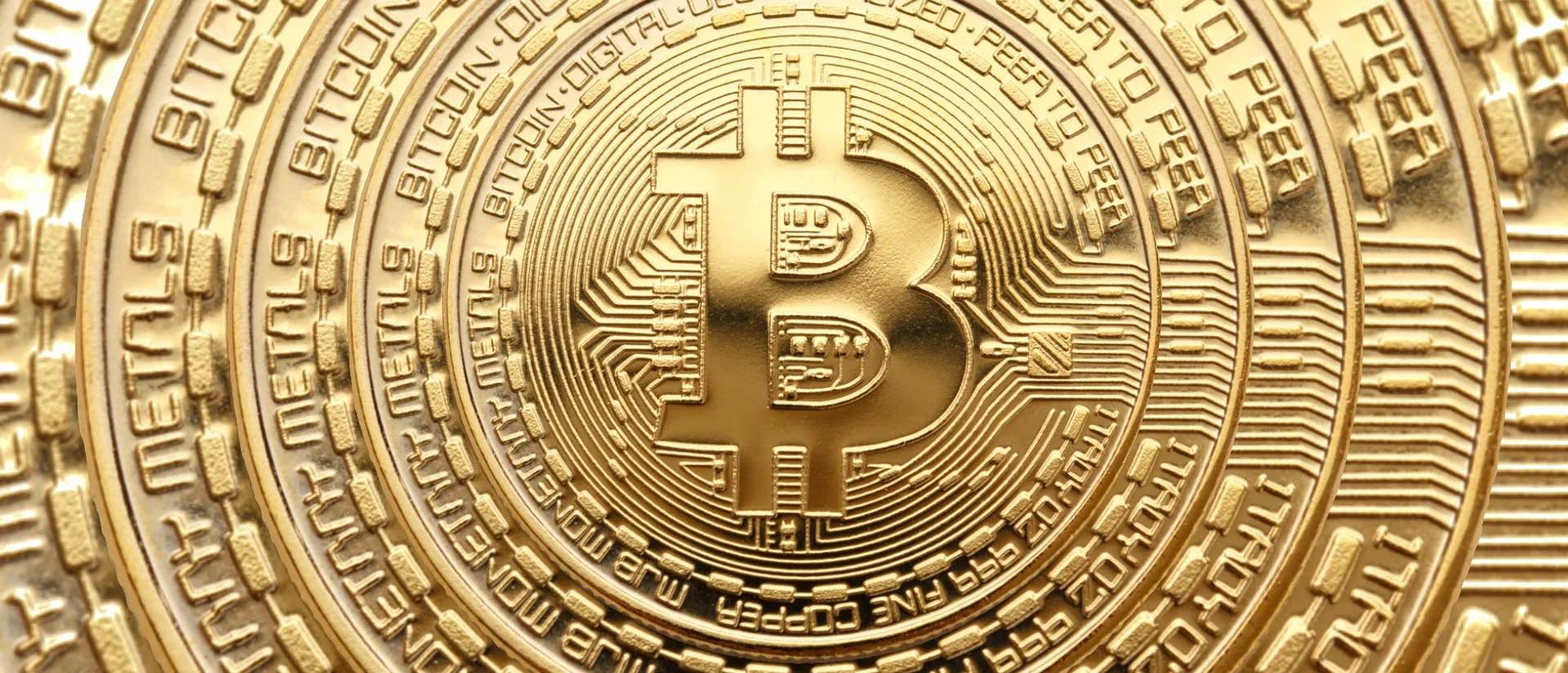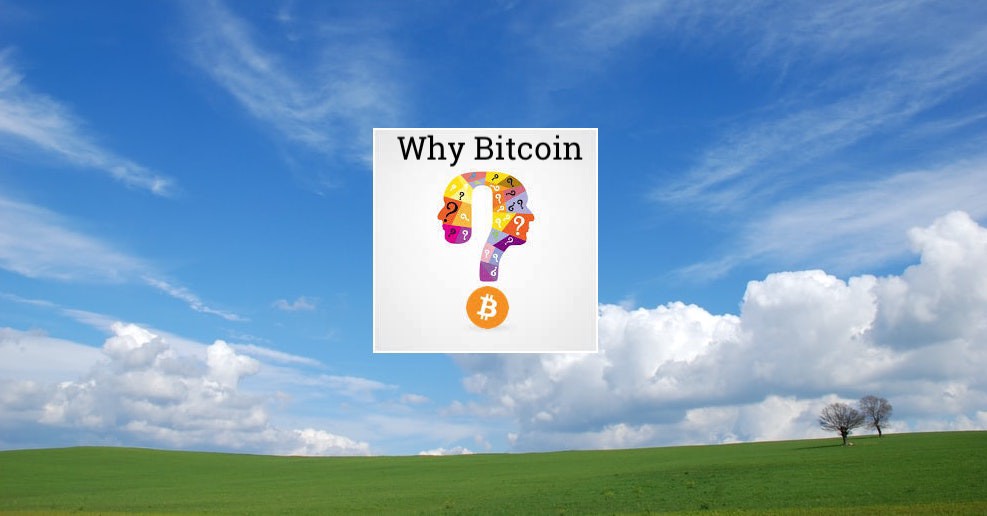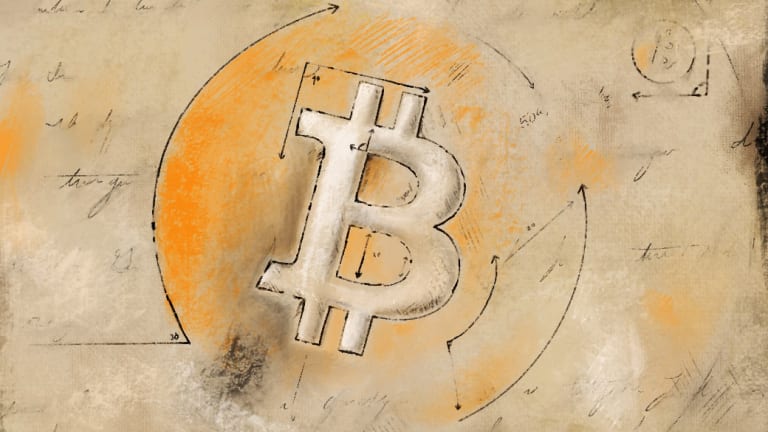What is Money Anyway? Part 2
“To put it into perspective, this international monetary system based around centrally-managed fiat currency is only 16 years older than me. My father was 36 when the US went off the gold standard. When I grew up, after a period of financial hardship, I began collecting gold and silver coins as a kid; my father gave me silver coins as savings each year.
The Swiss dropped their gold standard when I was twelve years old, which was six years after Amazon was founded, and three years before Tesla was founded. The fiat/petrodollar standard is only four times older than bitcoin, and only two times older than the first internet browser. That’s pretty recent when you think about it like that.” – Lyn Alden
Read More










Recent Comments